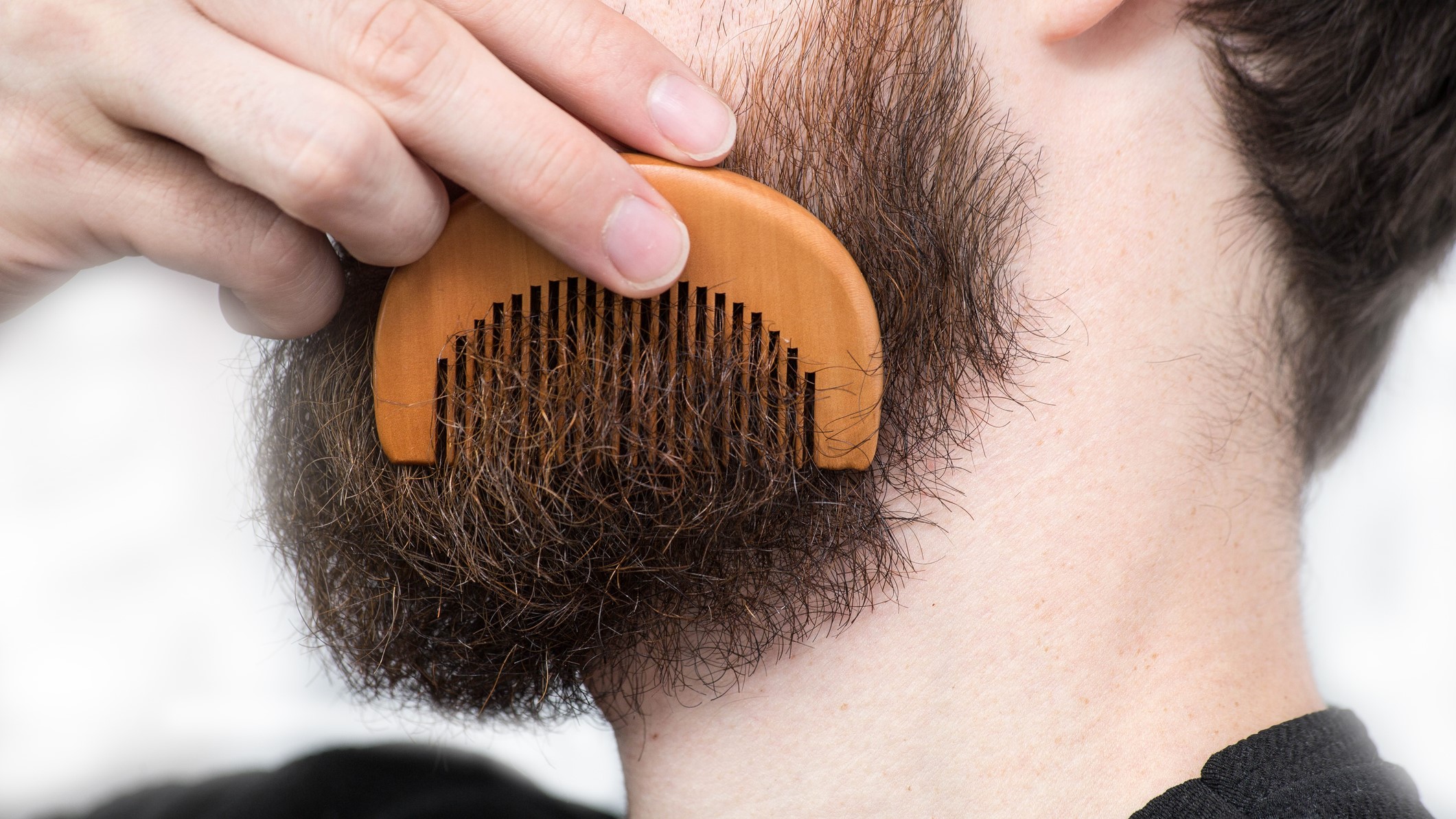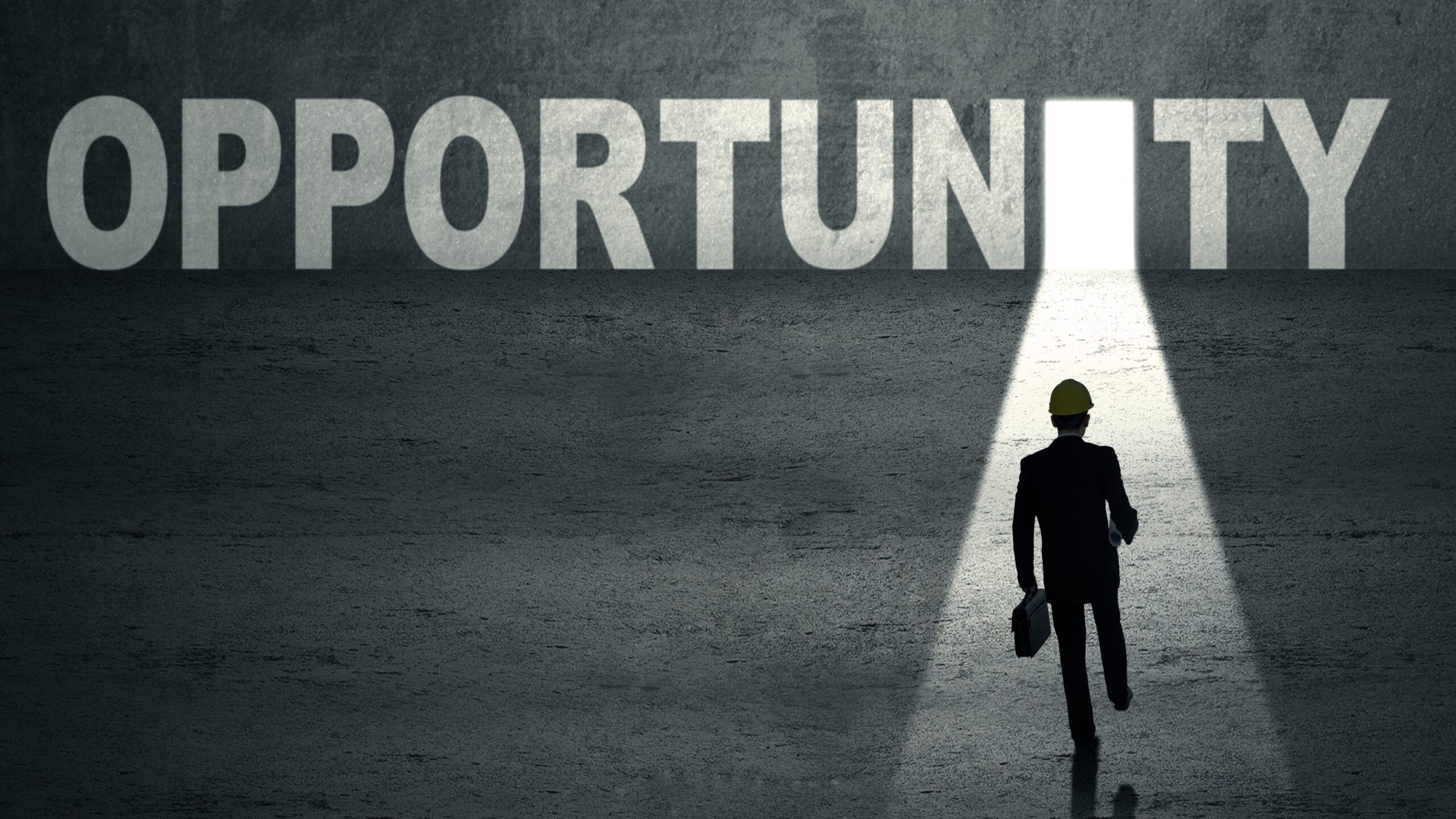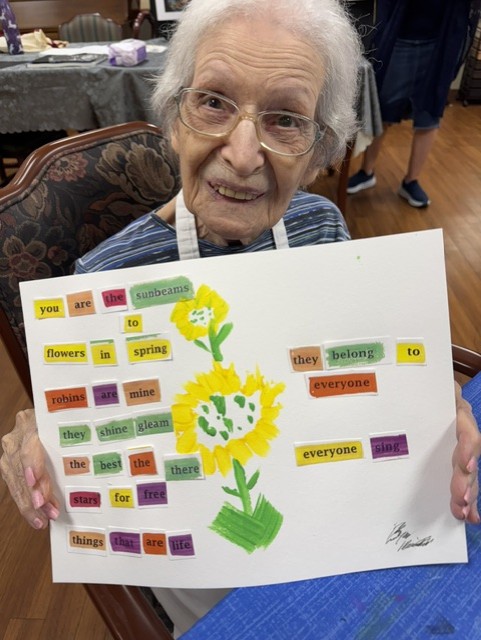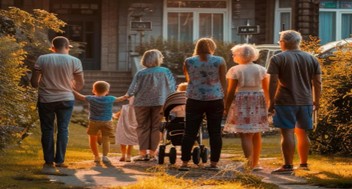As hard as I tried, I couldn’t grow a decent beard. I was in my 20’s and entered my senior year of seminary hoping to land my first job as a pastor. A friend offered to take some professional photos for me, so I decided I needed a beard to appear older and more mature. How hard could that be?
Obviously, all I needed to do was stop shaving. Although I soon discovered that even a beard requires constant upkeep. My beard came in around my cheeks, chin, and neck, but my upper lip had barely a fringe and what grew there was blond.
Having grown up in Pennsylvania, I was soon comparing myself to the Mennonite men I would see around Kutztown, where I went to college. No matter how I tended this upper lip, it remained stubbornly stubble free.
Yet I persisted and styled my beard to look as chic as possible with a clean upper lip. Eventually when a church called me as pastor, I soon faced my own fears all over. I was 26 years old and followed a minister who retired after 27 years in this church. My photo in the newspaper story announcing my new position in town looked too much like my high school yearbook. I worried that I wouldn’t be accepted. Except I had a beard, sort of.
Ageism At All Ages
Ageism isn’t just for our older sisters and brothers. Anyone who has entered their first job surrounded by much older people knows the trials needed to establish credibility to overcome being the “new kid.” And anyone who has left or lost a job in their 50’s knows the anxiety of still being seen as relevant and capable.
As a Boomer myself (cohort born between 1946 and 1964), perhaps my way was eased by our rallying cry, “Don’t trust anyone over 30!” We made the youth culture of the 60’s and 70’s as the “Pepsi Generation,” filled with excitement for change. Our massive numbers changed many businesses, institutions, and proved to be a cultural phenomenon. But now as the leading edge of Boomers reach their 70’s and 80’s, we are discovering another cold, hard fact: we aren’t that young anymore, and we’re definitely over 30.
I recently read an essay by a self-described “millennial” (cohort born between 1981 and 1996) who bemoaned her fear of becoming irrelevant. “I, an aging millennial, am not prepared to give up on cool just yet,” writes Jessica Bennett in an opinion piece in a recent New York Times article (8-20-23). It is not lost on me that my own children are millennials too. Perhaps we should have this talk!
Aging is of course a natural process. After all, we are all doing it! But a weird part of the human psyche somehow needs to place people in classes and categories, if not castes. Someone wins and others lose out in the rankings. This happens not only with age, but also with race, gender identity, sexual expression, class, economic status, geography, disability, and the list goes on and on.
The real problem occurs at the intersections of these categories where people bring combinations of several of these. Ageism and racism, for example. Ageism and economic status. We can all think of people or situations affected by these intersecting forces. And the fear of our own passing relevance lurks ever near in our minds and hearts as we turn another page of the calendar. We fear not only losing our “coolness”, but also our livelihood, our sexual attractiveness, and our place among society.
The Bright Spots of Aging
I have found some bright spots as I’ve grown older though that make my own experiences of ageism less painful and problematic. I have enjoyed mentoring younger people both in my workplace and in my church life. Listening to and guiding younger people through the labyrinth of adulthood and professional development has given me added purpose. I find that reflecting and writing has become less of a chore, and more of a gift to share with others. And I have counseled older workers how to think about their life stories and create a resume that speaks to the strengths gained over a lifetime of experience as they seek new employment opportunities later in life.
I have also gained perspective listening to the painful experiences of others who have endured not only ageism, but also the lifelong indignities of racial or gender discrimination. What I have had to overcome is nothing compared to these experiences.
The Millennials are discovering for themselves the relentless march of time. Their Boomer elders have much to teach them still.
I grew my beard in my youth; I shaved it off in my 40’s when more than a few strands of grey appeared. Time moves forward. Perhaps I have come to a level of acceptance about aging I could only attain now in my 60’s. It’s time we think of aging itself as “cool.” Time is a limited resource that produces unlimited possibilities for us all. And that’s a lot better way to overcome ageism than trying to grow a beard.
For Reflection (either individually or with a group)
Read the blog. Read it a second time, maybe reading it aloud or asking someone else to read it aloud so you can hear it with different intonation and emphases. Then spend some time with anything that helps you reflect more deeply. the questions to join you for tea or coffee.
- When you were young, what did you do in order to appear older? Why was that important to you?
- Do you see any internal ageism—thinking you are less valuable because of your age—in your thinking at that time?
- What are some benefits you have experienced as you age?
Download a pdf including the Reflection Questions to share and discuss with friends, family, or members of your faith community small group.
View all articles by:






















